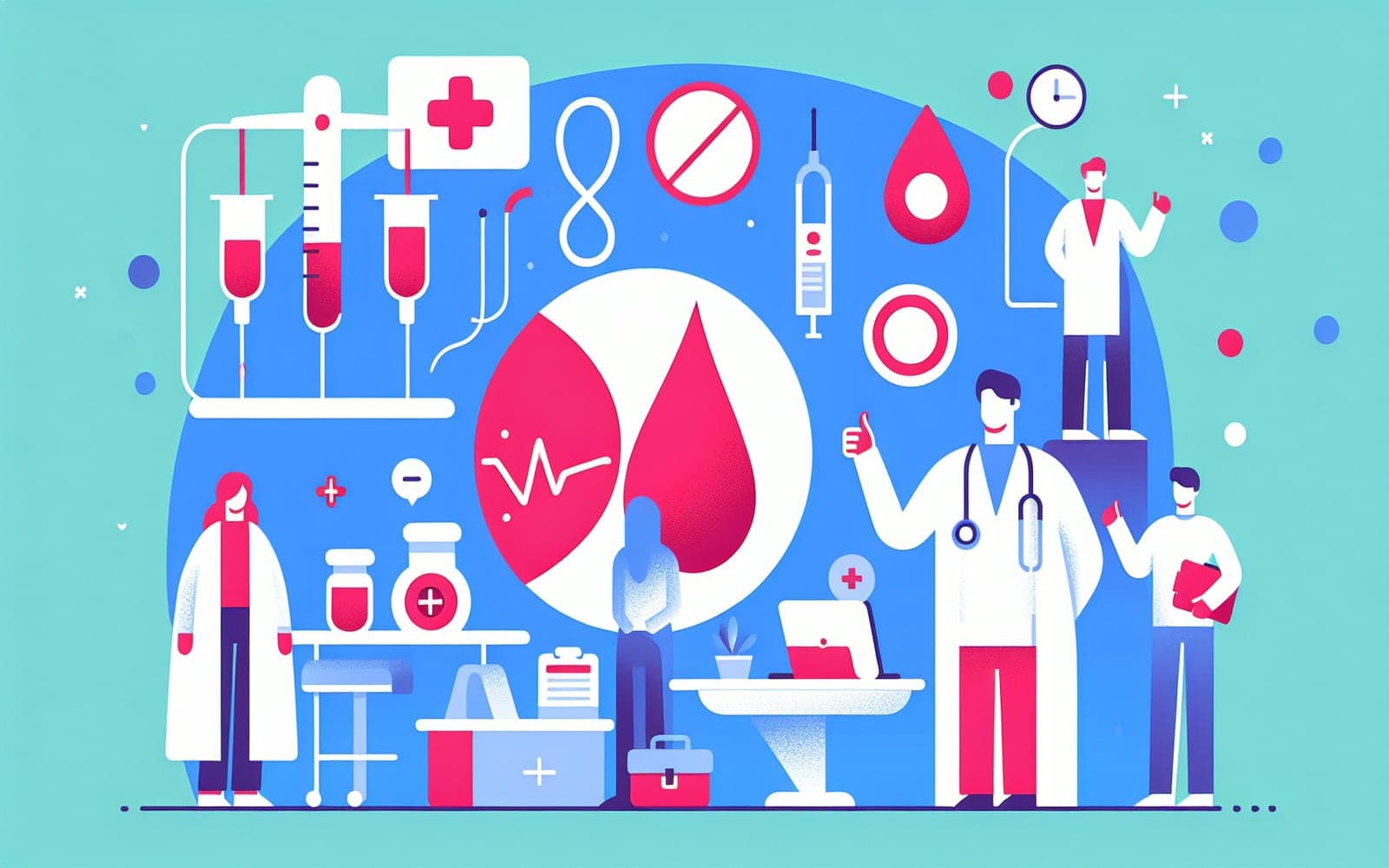Preventing Blood Clots Around Surgery: What You Should Know
Published: Jun 21, 2024
Preventing blood clots during surgery is crucial. Here's how doctors ensure safety.
Contents
Understanding Blood Clots
Blood clots can form when blood flow is restricted, such as during surgery. They can travel to the lungs or brain, causing serious complications. Anticoagulants are used to prevent clots, but they need careful management around surgery to avoid bleeding.
Strategies to Prevent Clots
Doctors might pause anticoagulants for high-risk surgeries to prevent bleeding. For low-risk procedures, they might continue them to keep clot risks low. Sometimes, a different short-term anticoagulant is used to bridge the gap when a long-term anticoagulant is paused.

The Role of Bridging
Bridging involves using a short-acting anticoagulant during a pause in the usual medication. This helps maintain clot prevention while minimizing bleeding risk. It's used selectively for patients with high clotting risk who need surgery.
Frequently Asked Questions
They are clumps of blood that form when blood flow is restricted.
They can cause serious complications if they travel to vital organs.
Anticoagulants are used but carefully managed to prevent bleeding.
It's temporarily using a short-acting anticoagulant to reduce clot risk.
Key Takeaways
Preventing clots during surgery involves careful anticoagulant management to balance risks.
Discuss your surgery plan with Doctronic to understand how your anticoagulation will be managed.Related Articles
References
Douketis JD, Spyropoulos AC, Murad MH, et al. Perioperative Management of Antithrombotic Therapy: An American College of Chest Physicians Clinical Practice Guideline. Chest 2022; 162:e207.
Always discuss health information with your healthcare provider.